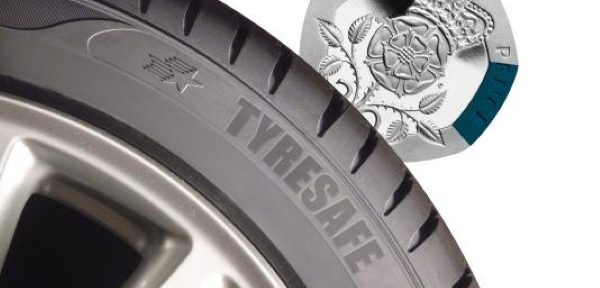FORS, the Fleet Operator Recognition Scheme, is the inspiration behind a new school safety campaign from FORS Gold member Hutchinson Engineering Services, helping young children to Stay Safe and Be Seen.
A transport manager at Hutchinson Engineering Services, from Weston in Nottinghamshire, was so inspired following completion of a FORS training course, that he decided to take what he had learnt to a vital new audience – children at a local primary school.
Ryan Easom created the Stay Safe Be Seen programme to show school children how to be more road aware, explaining vehicle blind spots and how they can make sure they are always visible around commercial vehicles.
Easom was inspired after attending a FORS Safe Urban Driving course, addressing vulnerable road user safety and how commercial vehicle drivers can make roads safer. He said, “I came away from the course and thought about what we could do as a haulage company. As I walked my boys to school, I saw some children had little road sense (I don’t blame them for this) and thought about how could we change this and help everyone.”
Ryan’s solution was to host a Road Safety day at Sutton-on-Trent Primary and Nursery School, taking a Hutchinson’s lorry into the playground, with Nottinghamshire Fire and Rescue Service also attending. The event included a special school assembly, truck blind spot activities and a competition to design a special road safety poster, to be printed onto Hutchinson cabs.
Ryan Easom commented, “Every child got to sit in the cab, we showed them the blind spots by playing games, asking them to note whether they could see the teacher or not, and spent time talking about the importance of wearing bike helmets when cycling. Nottinghamshire Fire Service showed children the equipment they use at a road traffic collision, which had a very striking effect on the older children.”
Each child was given a free high-visibility vest, and encouraged to enter a poster competition, the winners of which would see designs printed on Hutchinson trucks, presented by the Newark and Bingham MP, Robert Jenrick.
Easom said he hoped the safety campaign will catch on, with other hauliers taking up the mantle, “I feel very passionate about this and I can say it was one of the best things I have ever done and I can’t wait to continue this programme with other schools, and hopefully other haulage companies too.”
Sutton-on-Trent Primary Head teacher Fiona Price said the event was a huge success, and well received by children, parents and staff, commenting, “The Hutchinson’s team did a fantastic job of organising the day. The children had clearly taken on board the key safety messages even though they had been delivered in such a fun way. Many children then came to school in their high-viz jackets and many more are wearing their reflective wrist bands. It is now cooler to be seen wearing a cycle helmet too – we cannot thank Hutchinson enough!”
Paul Wilkes, Business Services Manager, FORS, commented, “We are thrilled to see the safety messages discussed in our free-to-attend FORS training courses being taken on board and shared in this practical and inclusive way. Ryan and the team at Hutchinson should be very proud of all they continue to achieve.”
Report by Rachel Pearson – Major Accounts Manager at Fuel Card Services
If you are a FORS company, or if you are working towards accreditation, your business is entitled to some exclusive fuel cost saving offers from Fuel Card Services. Click here for more information.










